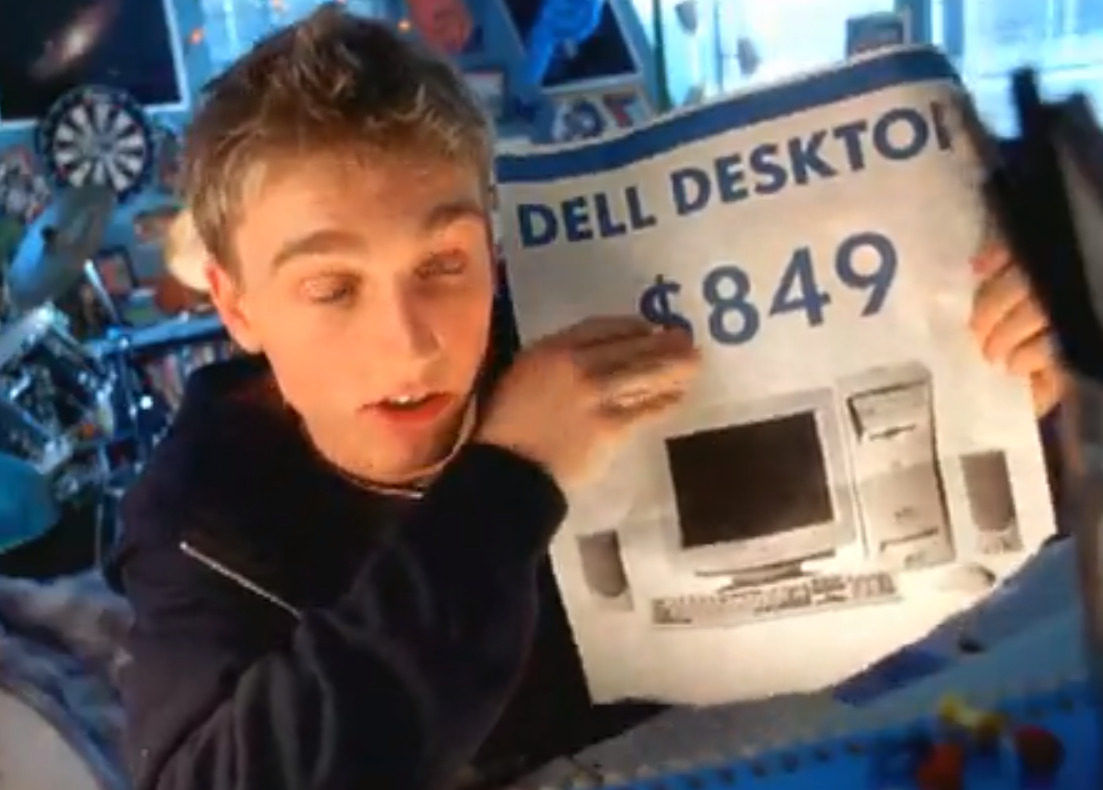Dell's Bold Plan To Reinvent Itself: A USB-Sized PC That Gives Access To Windows, Mac OS, Chrome OS
Be honest: When was the last time you felt excited about Dell (DELL)? If the answer is "never," then you might understand why the company is now in talks to go private — basically, it needs a space to boldly reinvent itself that's far away from the relentless quarterly demands of investors. And what might that bold reinvention entail? According to Christopher Mims at Quartz, it could be a computer the size of a USB stick that's capable of giving users access to every major operating system.
As Mims writes, Dell is working on a projected currently called "Ophelia" that is "a complete, self-contained PC" that also happens to be as big as a USB thumb drive. But the killer feature of Ophelia is that it uses "virtual instances of... operating systems running in the cloud" to give users access to "Windows, Mac OS, Google's Chrome OS, Dell's custom cloud solutions, Citrix cloud software, and even Google's Chrome OS." Let's take a step back and think about what this really means. If you plug Ophelia into a flat-panel television, it will connect to the nearest Wi-Fi network and give you access to any type of operating system or app that is running virtually somewhere in the cloud.
In this way, Dell wouldn't be competing with Microsoft (MSFT) or Apple (AAPL), but with Google (GOOG) and its Chromebook computers that similarly deliver applications and data through the cloud rather than through hard drive storage. The difference is, while Google's computers are thinly-veiled attempts to move users away from Windows-based applications and toward Google Apps, Dell's Ophelia would give users a wide choice of cloud-based apps from several different providers. Or as Mims puts it, Ophelia is more of a "PC-as-parasite, a device that offloads most tasks to servers in the cloud so that the user is left with barely a token, a nearly ephemeral, solid-state key connecting to their could-based 'computer,' wherever they are."
And the most intriguing part about Ophelia? Tarkan Maner, Dell's vice president of cloud operations, tells Quartz that he wants to price it at just $50. Needless to say, this is certainly a project to keep an eye on for the future, even though it still looks like it could be a long way from becoming a reality.
